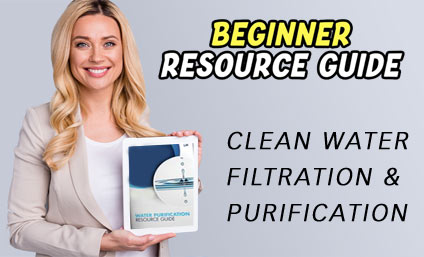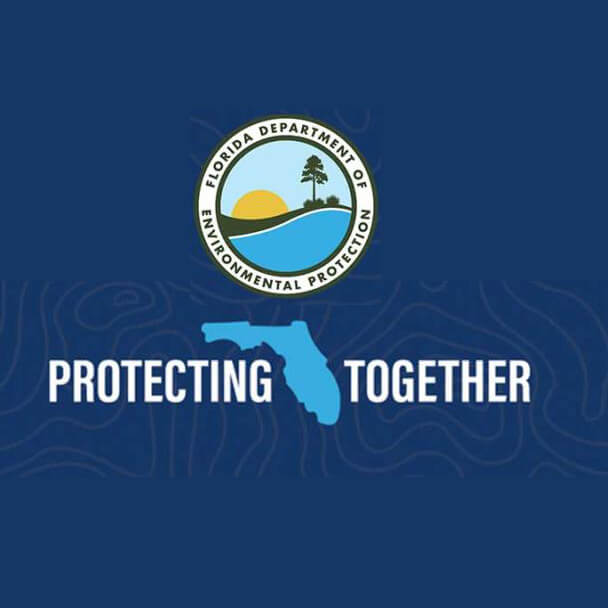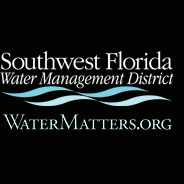Florida's Water: A Comparative Analysis of Urban vs. Rural Water Quality
Florida's water resources are critical to the state's economic, ecological, and social well-being. This article provides a factual analysis of the water quality in urban and rural areas of Florida, exploring the unique challenges and considerations associated with each environment.
1. Urban Water Quality
**Challenges in Urban Areas:**
Urban areas in Florida face specific challenges that can impact water quality:
- **Stormwater Runoff:** Urbanization increases impervious surfaces, leading to elevated stormwater runoff that carries pollutants into water bodies.
- **Wastewater Discharges:** High population density in urban centers results in increased wastewater discharges, potentially introducing contaminants into water sources.
- **Industrial and Commercial Activities:** Urban areas often host various industrial and commercial activities that may contribute pollutants to water bodies.
**Solutions for Urban Areas:**
Addressing water quality challenges in urban areas involves implementing strategic solutions:
- **Green Infrastructure:** Promoting green infrastructure, such as permeable pavements and green roofs, helps manage stormwater and reduce pollutant runoff.
- **Wastewater Treatment:** Investing in advanced wastewater treatment technologies ensures the effective removal of contaminants before discharge.
- **Regulatory Measures:** Implementing and enforcing regulations on industrial and commercial activities minimizes potential water pollution.
2. Rural Water Quality
**Challenges in Rural Areas:**
Rural areas in Florida encounter distinct challenges that influence water quality:
- **Agricultural Runoff:** Intensive agricultural practices contribute to nutrient runoff, affecting water quality in rural regions.
- **Septic Systems:** In areas without centralized sewer systems, septic systems can be a source of nutrient and pathogen contamination.
- **Pesticide Use:** Agricultural areas may use pesticides, potentially leading to runoff and water contamination.
**Solutions for Rural Areas:**
Effective solutions for maintaining water quality in rural areas include:
- **Best Management Practices (BMPs):** Implementing BMPs in agriculture, such as precision irrigation and cover cropping, reduces nutrient runoff.
- **Septic System Management:** Regular inspection and maintenance of septic systems help prevent nutrient contamination of groundwater.
- **Pesticide Management:** Adhering to integrated pest management practices minimizes the environmental impact of pesticide use.
3. Comparative Analysis
**Water Quality Indicators:**
Key water quality indicators in urban and rural areas include nutrient levels (nitrogen and phosphorus), bacterial contamination, and the presence of emerging contaminants.
**Urban vs. Rural Trends:**
Studies show that urban areas often exhibit higher nutrient levels due to stormwater runoff and wastewater discharges. Rural areas, on the other hand, may face challenges related to agricultural runoff and septic system impacts.
**Impact on Ecosystems:**
Both urban and rural water quality can impact aquatic ecosystems. Elevated nutrient levels can lead to algal blooms and oxygen depletion, affecting fish and other aquatic organisms. Bacterial contamination poses health risks, especially in rural areas where it may be linked to septic system failures.
4. Regulatory Framework
**Regulation in Urban Areas:**
Urban water quality is typically subject to stringent regulations due to higher population density and diverse industrial activities. Regulatory agencies set standards for wastewater discharge, stormwater management, and pollutant control.
**Regulation in Rural Areas:**
Rural water quality is regulated to address agricultural runoff and septic system impacts. Best Management Practices (BMPs) are often recommended, and regulatory agencies work with farmers to ensure compliance.
Conclusion
Florida's water quality is influenced by a combination of urban and rural factors. While urban areas contend with stormwater runoff and industrial discharges, rural areas face challenges related to agriculture and septic systems. A comprehensive and collaborative approach, involving regulatory measures, technological innovations, and community engagement, is essential to ensure the sustained quality of water resources in both urban and rural environments.
Understanding the unique challenges in each setting allows for targeted solutions that contribute to the overall health and resilience of Florida's water ecosystems.





